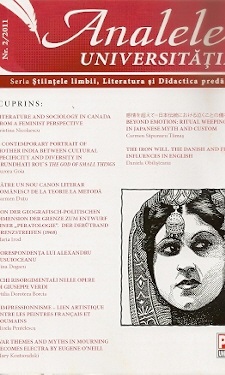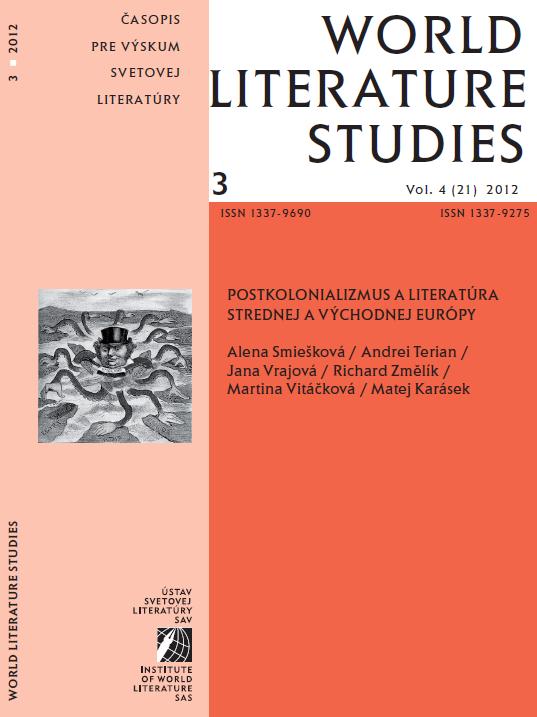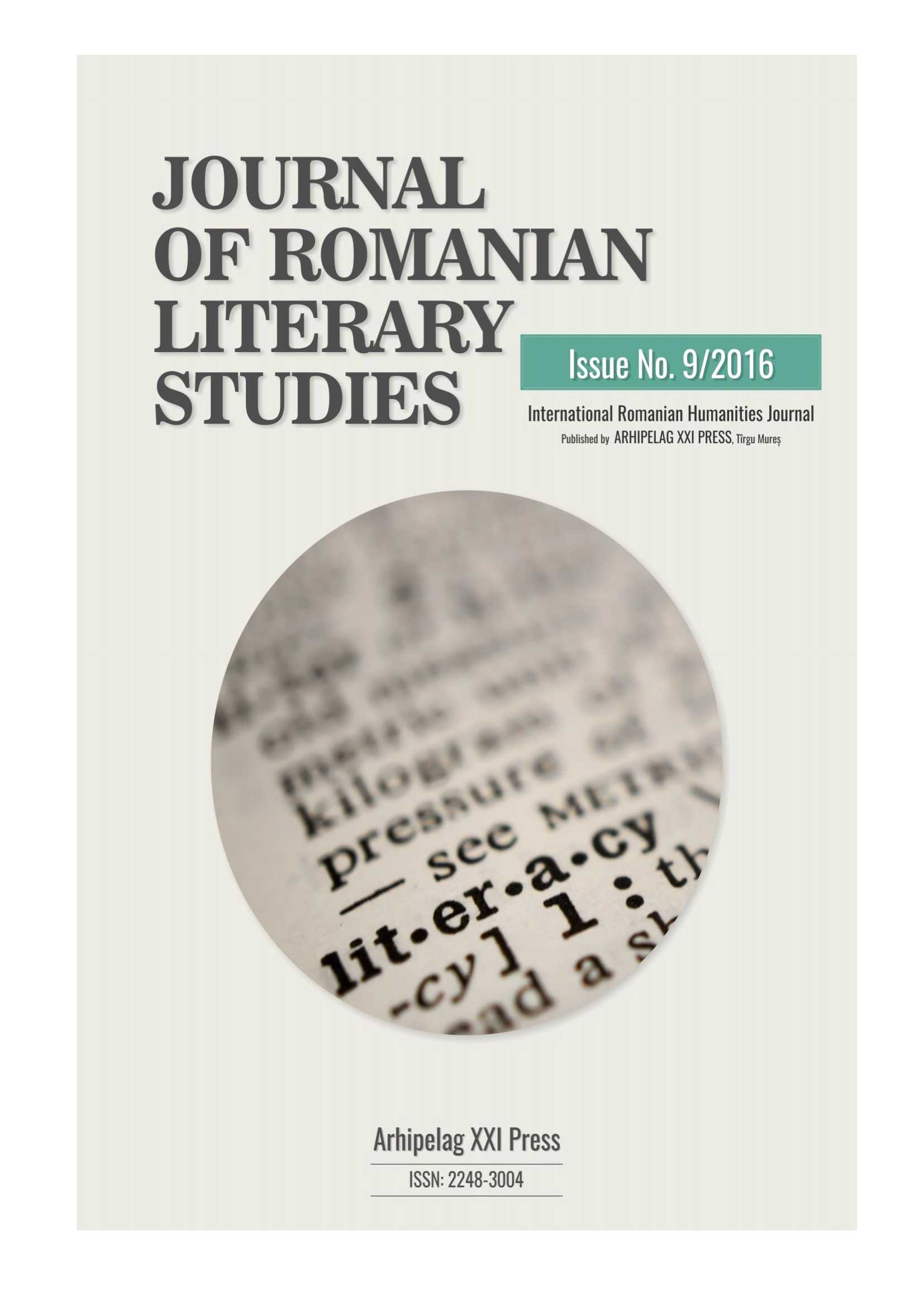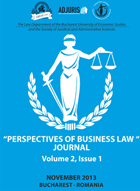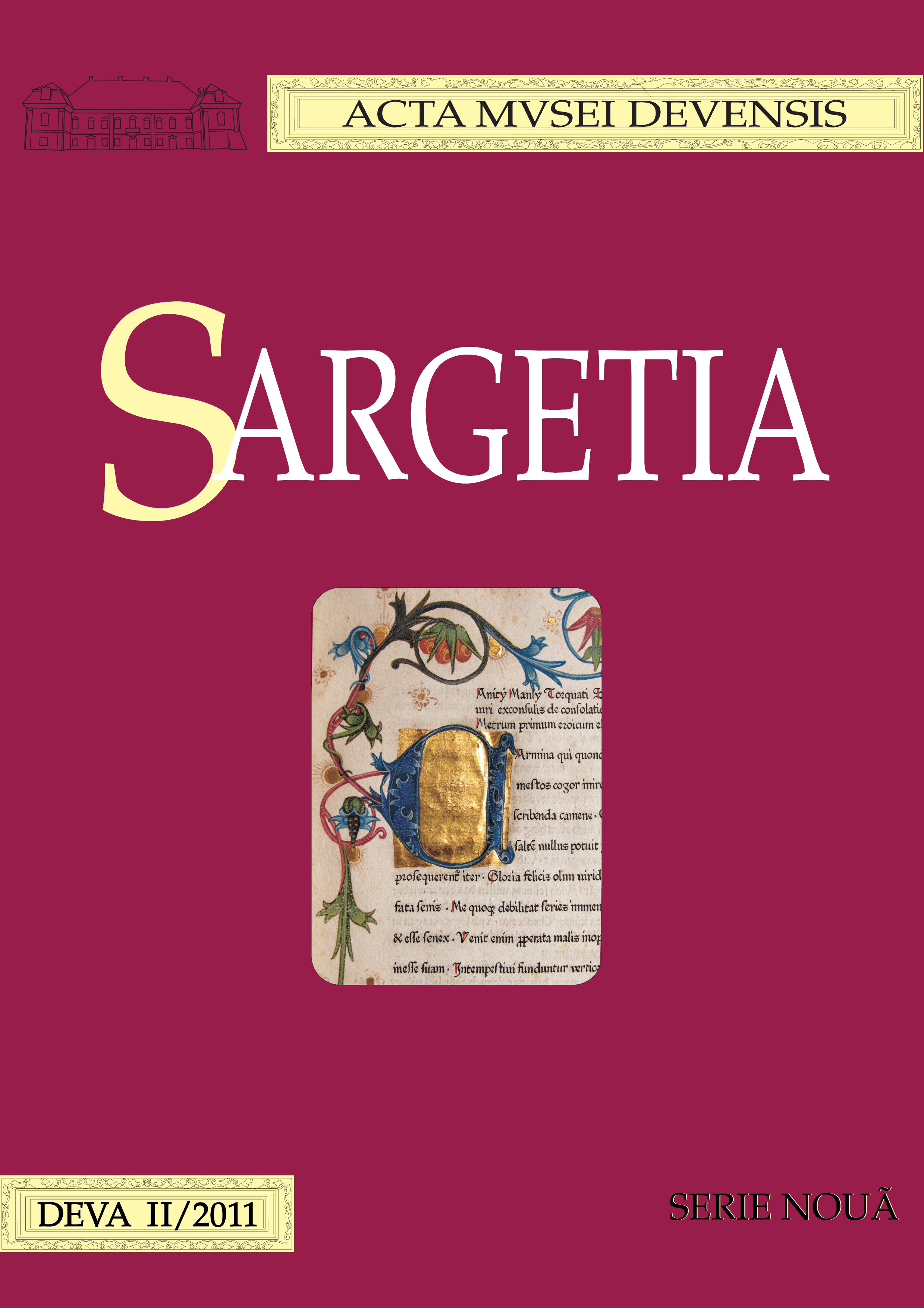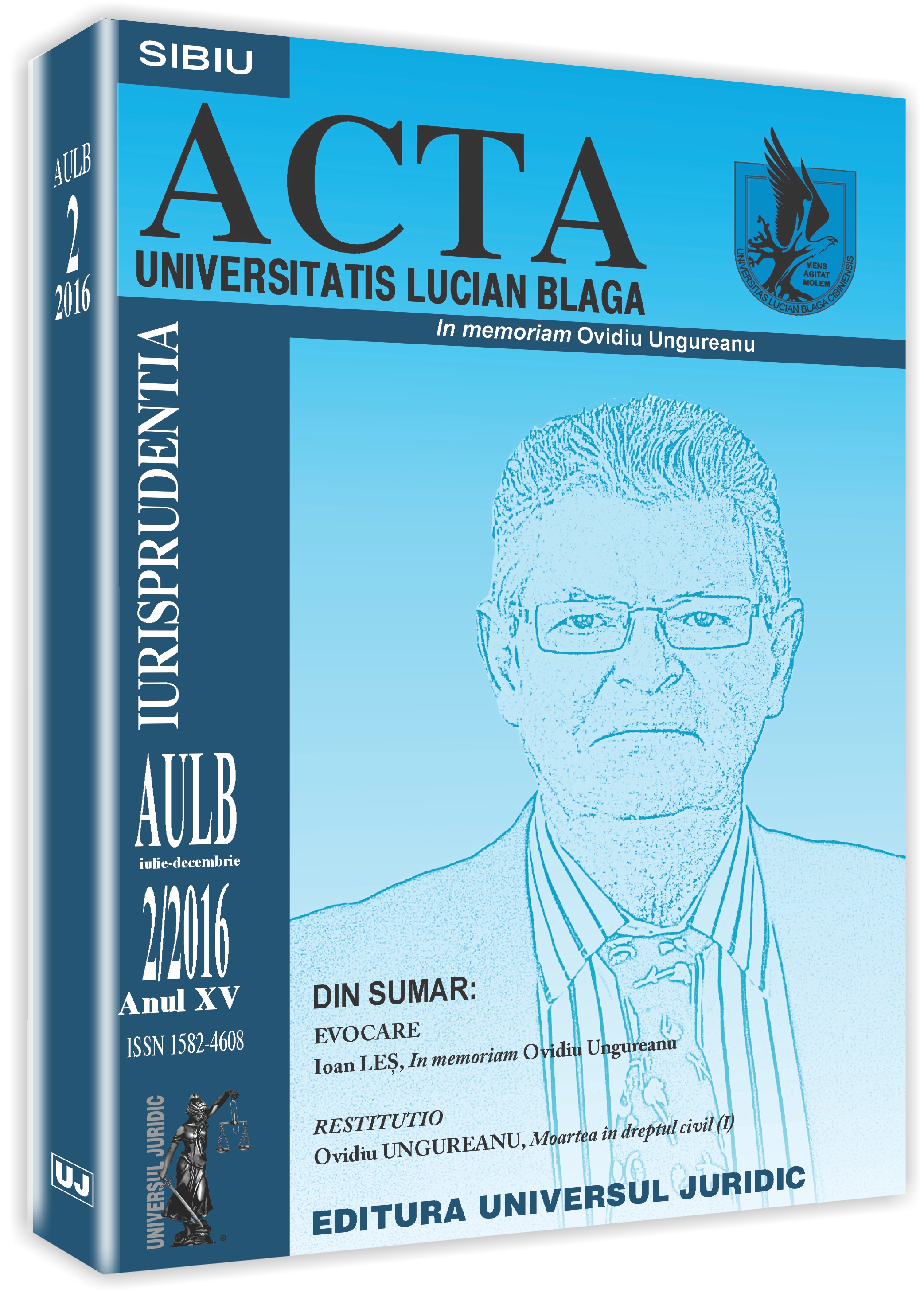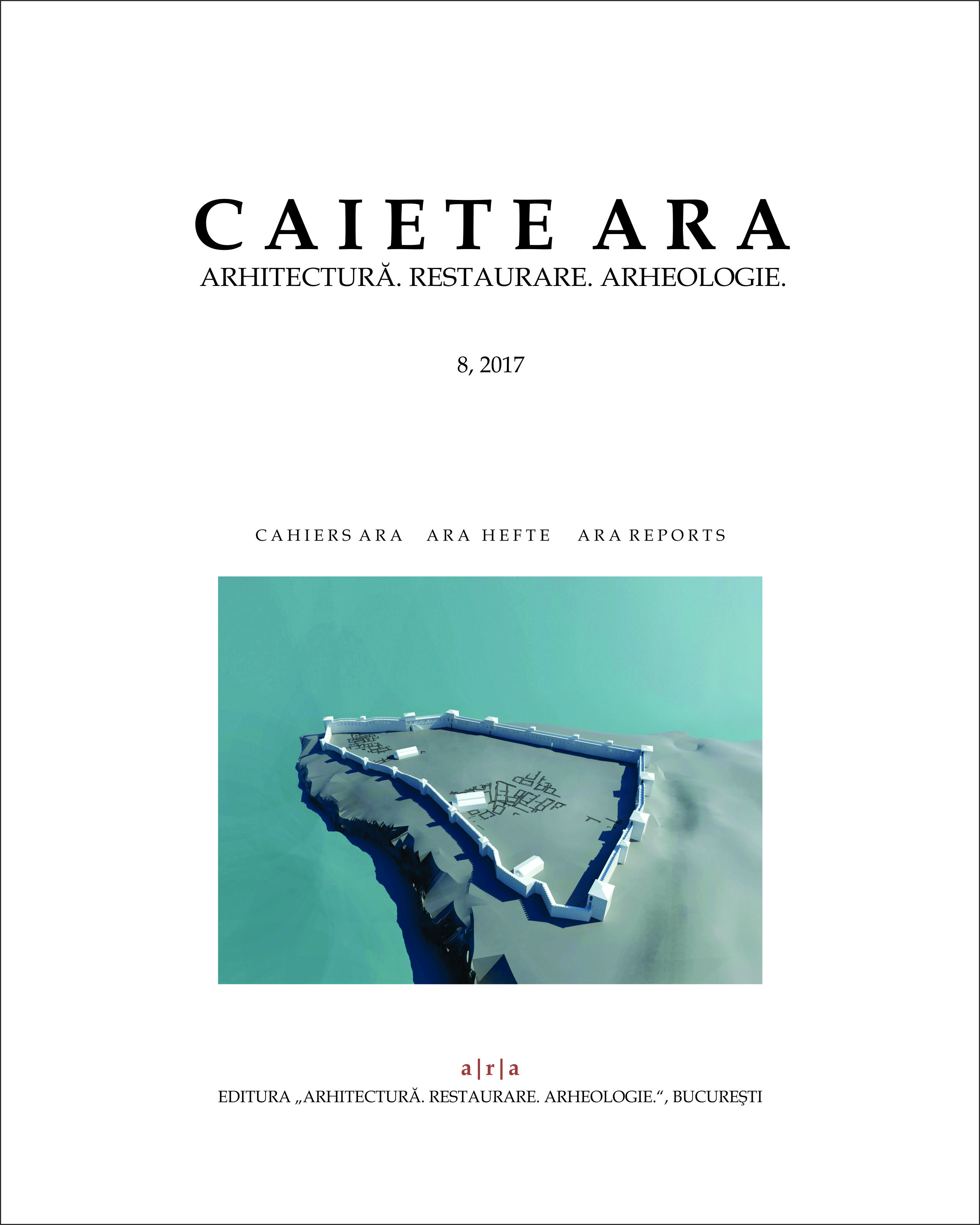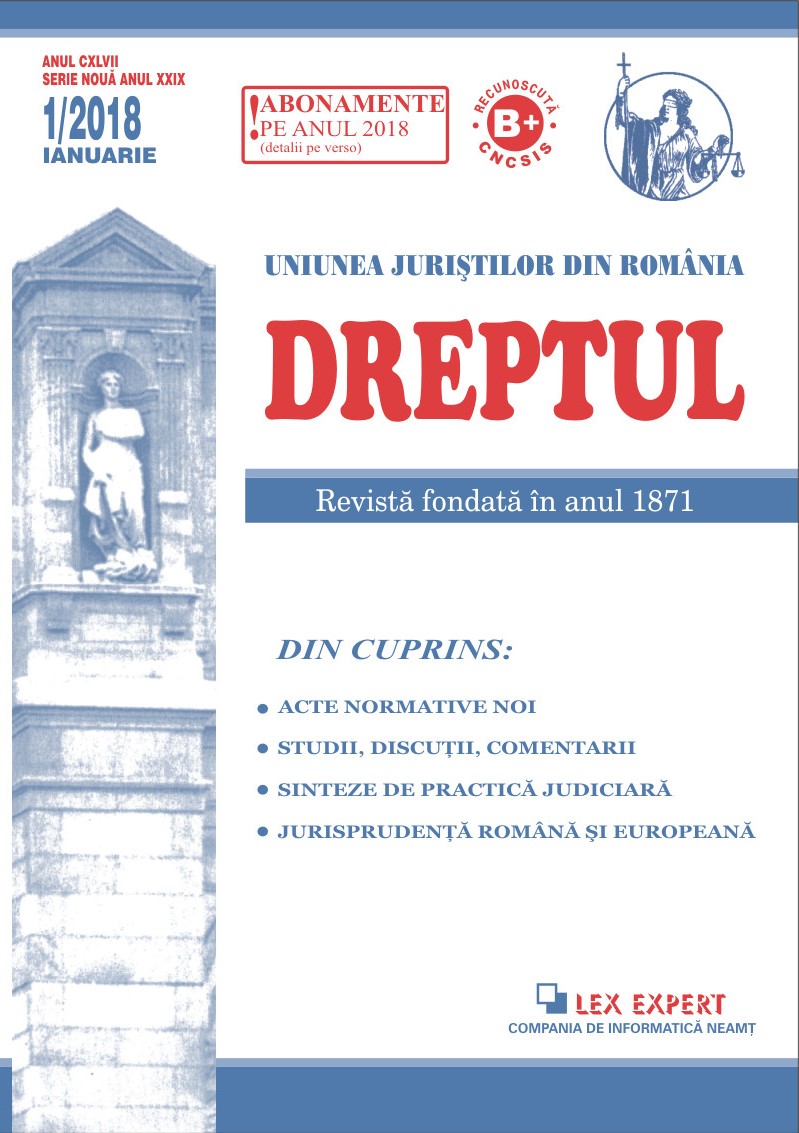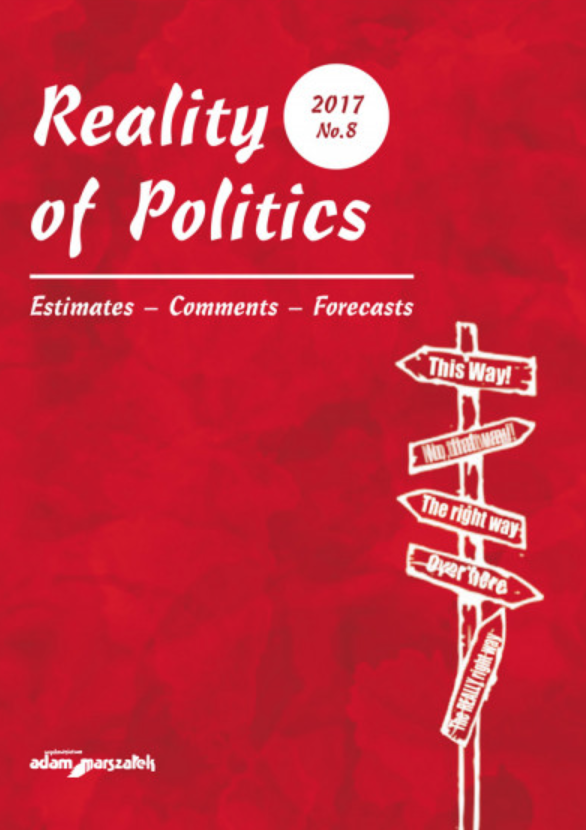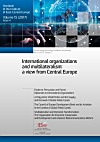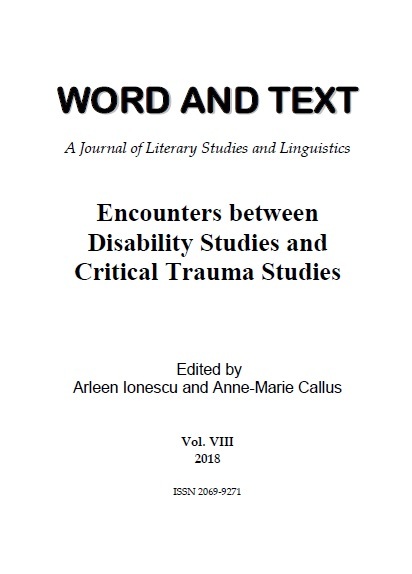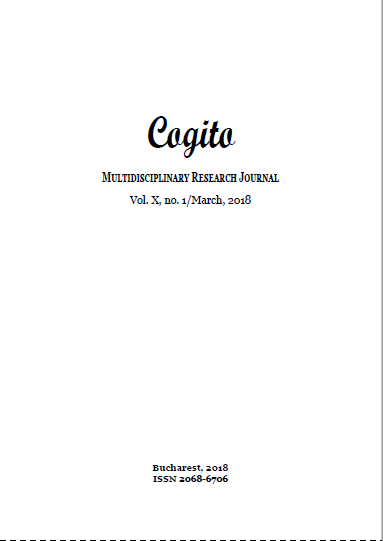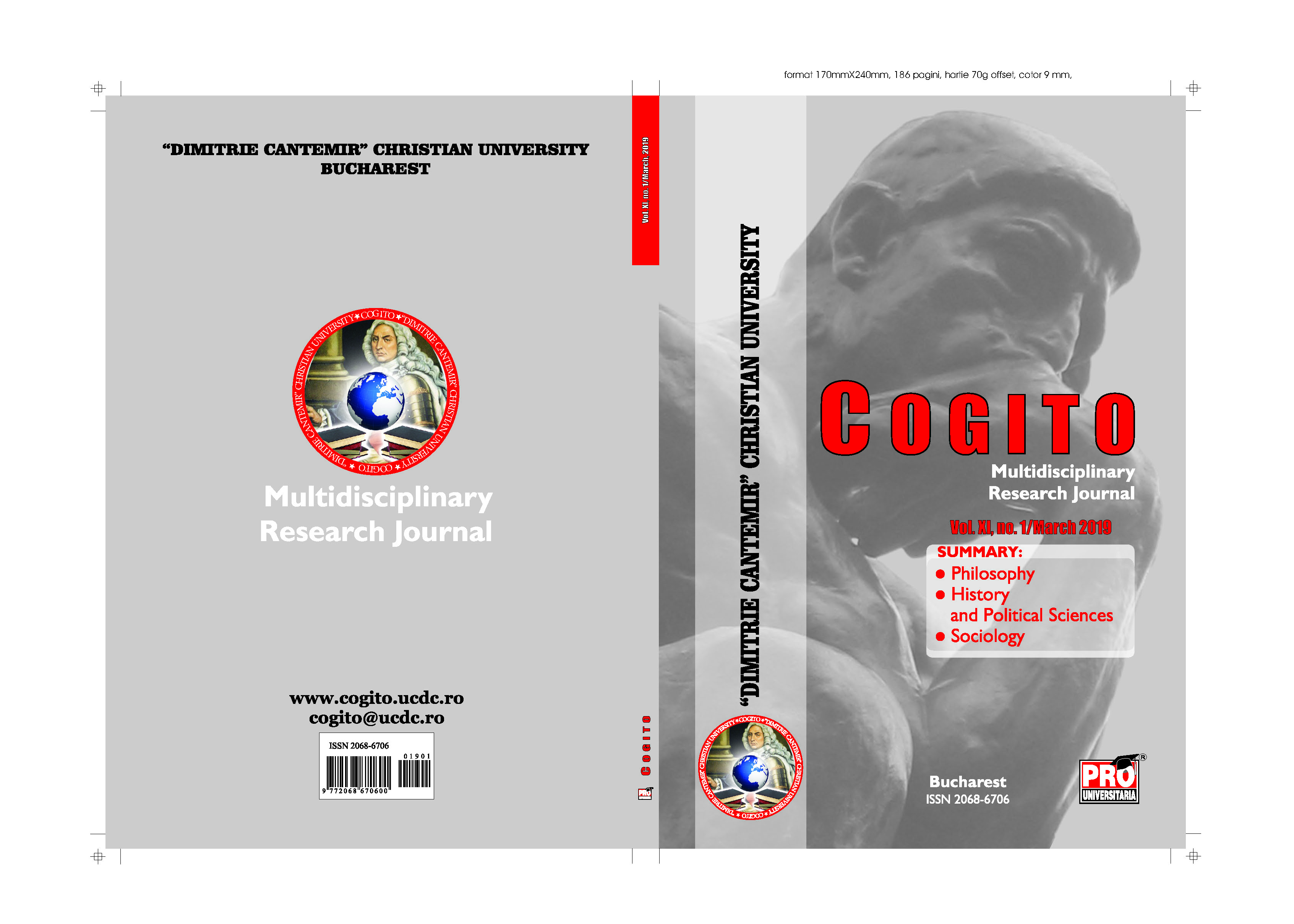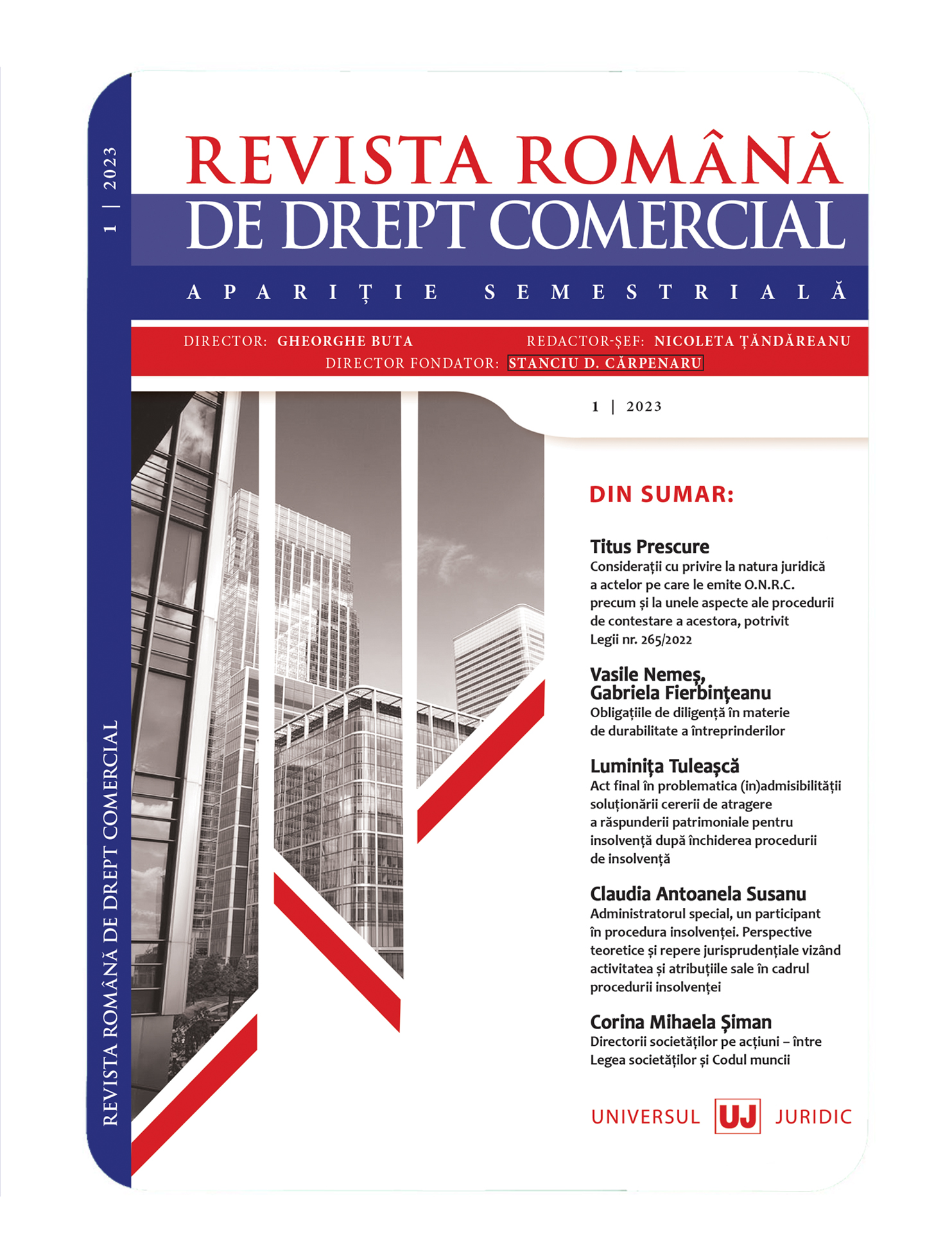Revista „Revaşul” - susţinătoarea culturii româneşti din Transilvania
Author(s): Monica Stoica,Felix Ostrovschi / Language(s): English,Romanian
/ Issue: 2/2011
Keywords: Romanian press; magazine; culture; Transylvania; Transylvanian School
The first attempts of publishing Romanian newspapers took place in Transylvania, at the end of the 18th century, this being directly linked to the activity of the „Transylvanian School”. As George Bariţiu noted, newspapers defended „the interests of the Romanian nation with great devotement; all of their editors and collaborators sacrifice their time, health and inner peace for these interests”. The „Revaşul” newspaper was issued for the first time in 1903, as a result of diverse factors, such as the growing economic strength of Romanians in Cluj, the high experience in publishing Romanian newspapers as of the end of the 19th century, the intense cooperation between the religious cults (Greek-catholic and ortodox), and what is very important, the growing number of Romanian students at the Hungarian University from Cluj, founded in 1872.But April 1903 did not mark the beginning of the Romanian press in Cluj. This happened in 1845, when the periodical manuscript „Diorile (zorile) pentru minte si inimă” was issued by Al. Papiu-Ilarian and Nicolae Popea and was disseminated throughout Romanian students.The format of „Revaşul” was similar to many newspapers from Western and Central Europe, searching to cover a variety of topics; in other words, it was a newspaper with multiple and complex information. Amongst first hand collaborators we can find Ion Agârbiceanu, Ioan Georgescu, Alexandru Ciura, Octavian Goga, Voicu Niţescu, Alexandru Lupeanu Melin; they were considered to be the young collaborators. Nicolae Iorga along with some other influential writers from the other side of the Carpathian Mountains, were also publishing for this newspaper. In respect to the topics covered, Elie Dăianu was determined to eliminate all that could be considered petty politics. The evolution of „Revaşul” can be divided in two main periods: 1903-1906, when it was a weekly newspaper, aiming to attract mostly readers from the rural areas, and 1907-1910, when it was issued as a monthly cultural magazine. This radical change came about given the fact that the newspaper did not manage to penetrate the rural space as it was initially expected. This is why „Revaşul” took Nicolae Iorga’s „Neamul Românesc” as a model and would now appear monthly with a minimum of 15 pages per publication. However, at the end of the year 1910, „Revaşul” seized its activity, the magazine’s editors explaining that the decision was taken in order to avoid a division of the cultural and religious Romanian press in the context of a new publishing initiative which arose in Blaj. Nonetheless, „Revaşul” is renowned for its important contribution to the Transylvanian cultural life during its publishing era.
More...
